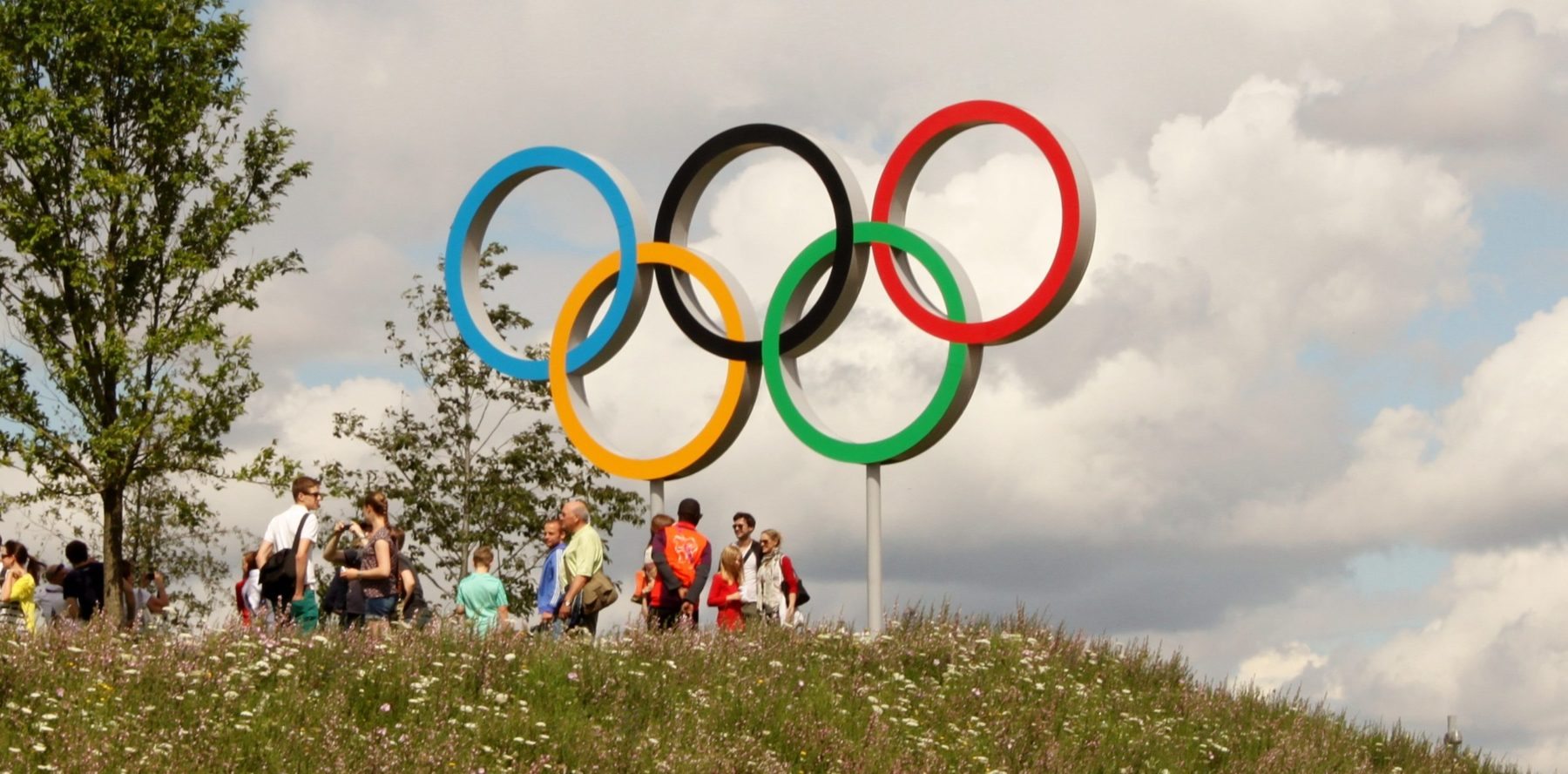Tokyo state of emergency casts Olympic Games in doubt
The Olympic Games are set to begin on 23 July 2021 after they were postponed due to the pandemic. Back in September, Japan’s Olympic Minister Seiko Hashimoto claimed the games will go ahead “at any cost”. However, with Japan declaring a state of emergency amid a rise in Covid-19 cases, the fate of the Tokyo Olympics has become increasingly uncertain.
On 8 January, Japan’s Prime Minister Yoshihide Suga announced a state of emergency in Tokyo due to record numbers of new cases being recorded. He said: “The situation has become increasingly troubling nationwide and we have a strong sense of crisis”.
The state of emergency is expected to last until 7 February.
With the Olympics set to take place in the summer, the Japanese government’s decision has created further uncertainty. If cases remain stubbornly high in early summer, postponing the Games will be the only viable option.
In a public statement, organisers said: “This declaration of emergency offers an opportunity to get the Covid-19 situation under control and for Tokyo 2020 to plan for a safe and secure Games this summer”.
In their view, the state of emergency could prove vital in being able to host the Games this year.
However, many would argue that even if the situation does get better, hosting the Olympics this summer would be a huge risk. The Games involve more than 15,000 athletes from 205 nations. That’s a lot of mixing.
It’s a decision for each country to make
– Dick Pound
Dick Pound, the longest-serving member of the International Olympic Committee (IOC), is also uncertain whether the Games will go ahead this summer. “I can’t be certain because the ongoing elephant in the room would be the surges in the virus,” he told reporters last week.
Despite this, Pound has suggested that athletes should be prioritised for vaccinations. However, the vaccination of athletes is very much going to depend on the programmes available in their country. Pound, who is Canadian, thinks that a public outcry can be avoided.
“In Canada, where we might have 300 or 400 athletes – to take 300 or 400 vaccines out of several million in order to have Canada represented at an international event of this stature, character and level – I don’t think there would be any kind of a public outcry about that. It’s a decision for each country to make and there will be people saying they are jumping the queue but I think that is the most realistic way of it going ahead.”
This raises many questions of ethics as even a few hundred doses can be vital in saving vulnerable or elderly people from the effects of the virus.
Ultimately, no one can say for certain whether the Olympic Games will be postponed again or not. This will depend on how the situation in Japan progresses as we get closer to the summer months.
A final decision is likely to be made by April. Even if the Games do go ahead, they are likely to be very different from anything we have seen before.

Comments